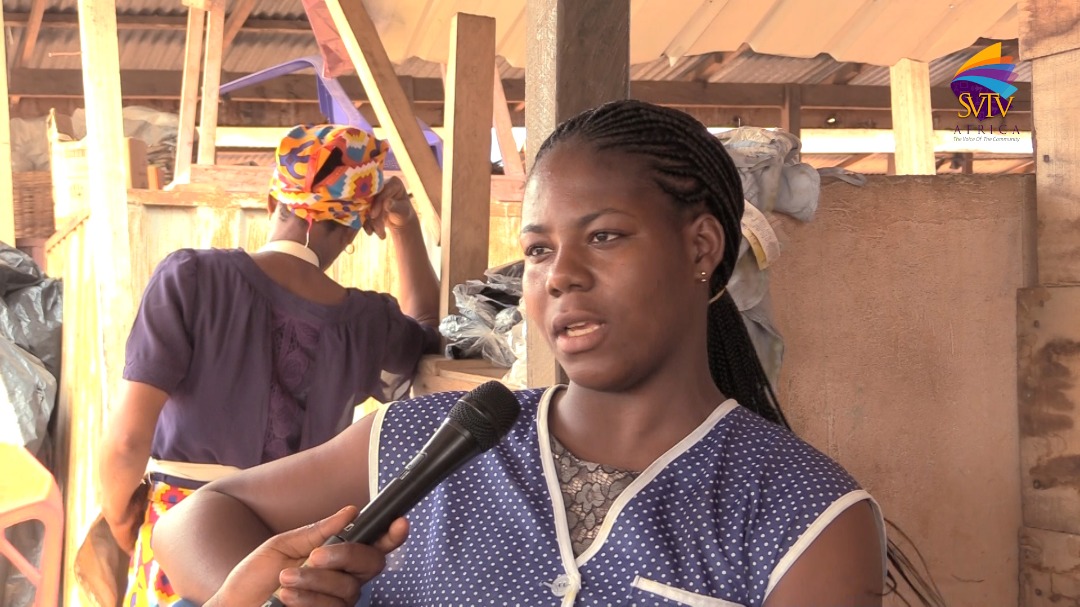Cecilia, a Ghanaian based in Mpumalanga, South Africa, shared her story on SVTV Africa’s Daily Hustle Worldwide with DJ Nyaami.
She explained that she originally lived in Kronum Afrancho, Ghana, where she worked as a hair braider and trained over 30 apprentices. She said that in South Africa, having a degree doesn’t guarantee employment — many people still end up working in salons to survive.
Before moving to South Africa, she first traveled to Dubai, but the available house-help jobs didn’t appeal to her, so she returned to Ghana. Later, she decided to relocate to South Africa to continue her hairdressing profession. At that time, she left her salon in Ghana with only three remaining apprentices, put one of the girls in charge, and sold her container shop before traveling.
Cecilia worked at her employer’s salon for a year, but the shop in Johannesburg eventually shut down due to problems her boss faced. She later found a new job in Mpumalanga, where she currently works.
According to Cecilia, many immigrants in South Africa struggle. Some women invite their boyfriends to join them, but these men often end up leaving because job opportunities are scarce. Some women also give birth in South Africa—hospital care may be free, but they still don’t receive proper documentation for their children. As a result, many women become single mothers.
Cecilia has four children: three in Ghana and one in South Africa. Her husband is still in Ghana, and she hasn’t visited home in six years. Her child who was born in South Africa spent two years there before she sent the child back home.
She stressed that life in South Africa is especially difficult for men because jobs are limited unless you work in a salon. Her husband, who works at Magazine (a location in Ghana), has remained back home.
Cecilia also mentioned that some people bring workers from Ghana and charge them double the amount they must repay. Others run away without paying their bosses back. Some workers also fail to settle the full amount they owe.
She added that while foreigners like herself know how to work hard, the salons owned by locals often close at 5 pm — but undocumented workers usually work longer hours out of fear and dedication, since they lack proper papers.
Cecilia revealed that she currently has no permit (no “nktaata”), and once witnessed a co-worker being arrested and jailed for three months for not having documentation. She narrowly escaped arrest herself during the incident.

















